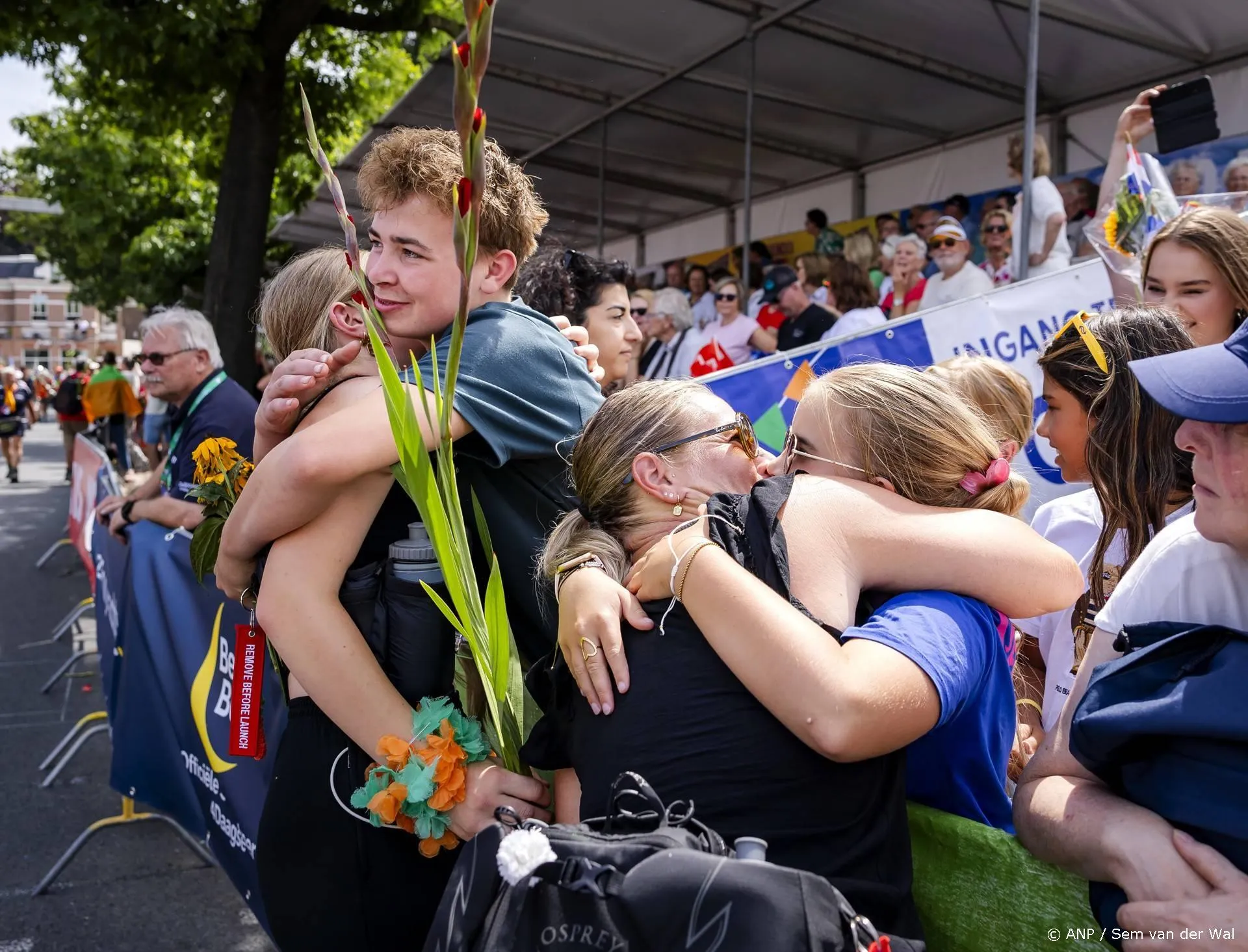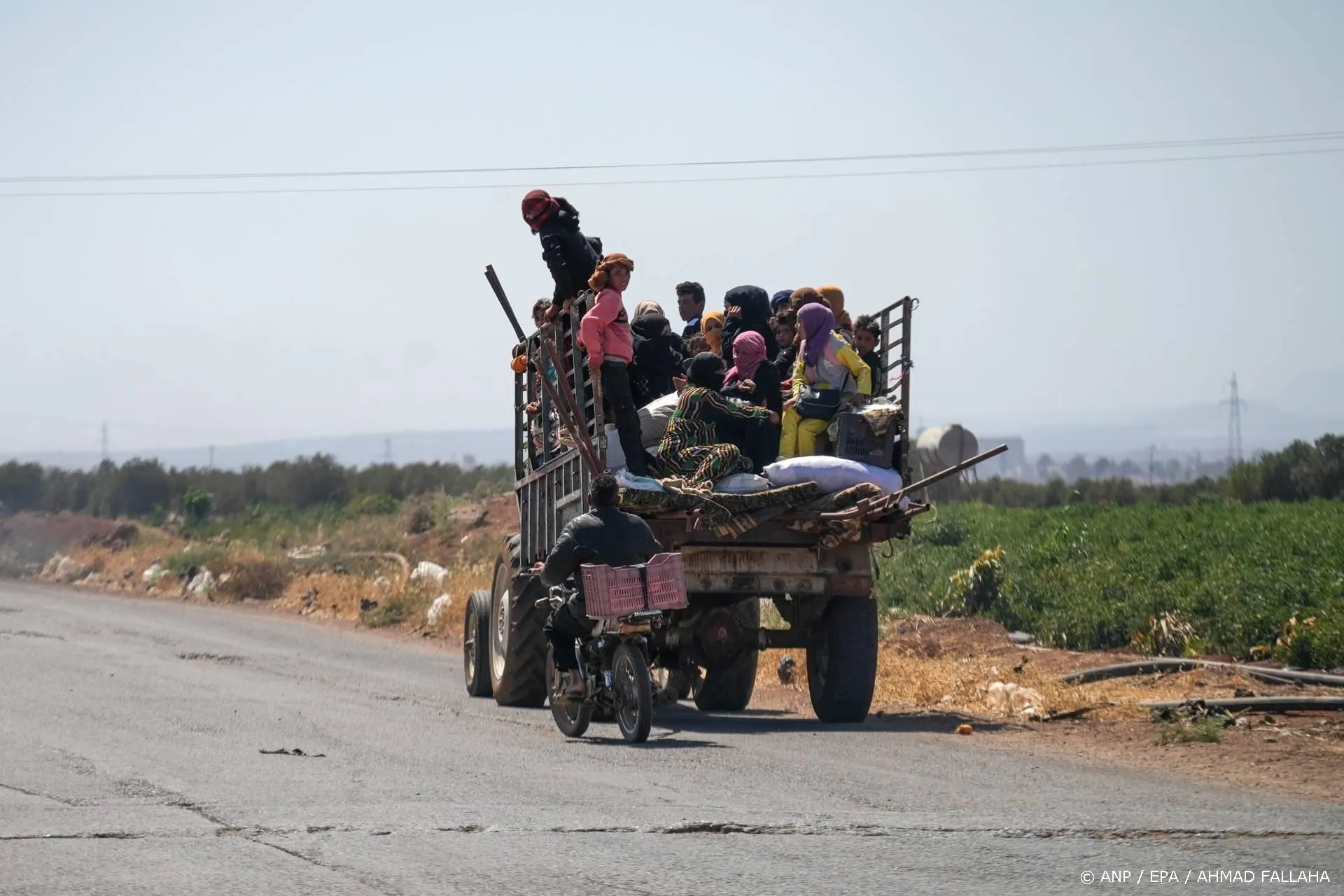Klimaatdebat in Frankrijk
Zoals ik al eerder schreef, heeft, evenals de KNAW, ook de Franse Academie van Wetenschappen een conferentie over het klimaat georganiseerd. Deze conferentie vond plaats in september 2010. Ruim een maand later, in oktober, verscheen het rapport. Bij de KNAW duurde dat zo'n anderhalf jaar.
Na het overlijden van de bekende Franse klimaatscepticus, Marcel Leroux, die actief aan vele rapporten van het VN-klimaatpanel (IPCC) heeft meegeschreven, maar uiteindelijk vanwege het gesjoemel aldaar verbitterd afhaakte, is het estafettestokje in Frankrijk overgenomen door onder meer Claude Allègre (geochemicus en voormalig minister van onderwijs), Vincent Courtillot (geofysicus) en Jean-Louis Le Mouël (eveneens geofysicus).
Tijdens de klimaatconferentie van de KNAW in Amsterdam was er een behoorlijk aantal Nederlandse klimaatsceptici aanwezig. In Frankrijk was Courtillot de enige klimaatscepticus pur sang in een gezelschap van zo'n 120 wetenschappers, hoewel velen van hen ook op onderdelen sceptisch waren.
De Engelse vertaling van het klimaatrapport van de Franse academie van wetenschappen is hier te vinden.
In tegenstelling tot het KNAW-klimaatrapport heeft het rapport van de Franse Academie wèl aandacht in de media gekregen. Deze zagen daarin een bevestiging van de AGW-hypothese (AGW=Anthropogenic Global Warming). Maar Vincent Courtillot bestreed deze interpretatie. Hij schreef daarover het volgende:
Several of these media view the report as definitely vindicating the IPCC conclusions. This is not at all what the September debate showed, and in my view is neither what the report given to the minister says, provided one takes the time to read it fully and carefully. Because of the distortion, I give here my own analysis of that report, and explain why I would have voted for it, had I been in the room on October 26. However, I was in Martinique, attending the annual meeting with the local authorities regarding the state of the Montagne Pelée volcano, which is monitored by my Institute (IPGP).
In recent interviews, journalists often start by insisting on the fact that I am close to Claude Allègre. This is certainly true and has been for 40 years. It does not mean we think alike on all matters, we both are free and independent scientists. Of course, by saying this from the outset, the journalists are immediately trying to deflect the publics attention to Claudes political career and profile, both fascinating but irrelevant to the research topic under discussion.
When asked about my position, I remind that it is based on 9 papers published over the past 5 years in international, peer-reviewed journals, written together with my close colleague Jean-Louis Le Mouël (actually our leader on this program) and three Russian colleagues, all specialists in applied mathematics, Elena Blanter, Mikhail Shnirman and Volodia Kossobokov.
That some of our papers are debated is true and fine. But they cannot be ignored. And as the Academy report states on its page 1: the debate was very rich and had high scientific quality, which I believe is true and applies to both sides (if one wants to simplify the debate in terms of only two sides; it is actually richer and more subtle than this). The report continues by saying that the debate allowed to identify points of convergence and divergence and remaining uncertainties. And indeed a number of large uncertainties was discussed during the day, including by specialists who were not engaged in climate research but brought their expertise from, for instance, fluid mechanics and chaos theory.
The style and quality of the debate, the space taken by minority views, even if they remain in this circle minority views, show such an evolution with respect to previous similar debates and reports (for instance by the Royal Society, though it is in the process of possibly revising its previous statement under the request of a significant number of RS members) that this is the reason why I would have voted in its favor, viewing it as a progress report and a significant move forward. ...
So, what are the main points I disagree with? First, the statement that most of the increase in temperature from 1975 to 2003 is mainly due to the increase in carbon dioxide concentration in the atmosphere during the same period. I note however that the word acceleration which had been used in a previous version has in at least one instance been replaced by increase. Indeed, if one follows for instance the Met Office website, monthly temperatures are seen to increase from about 1910 to 1930, almost as much as in the last 30 years of the century. And the period from 1930 to 1970 shows a slight but clear decrease. So acceleration or slowing down can both be argued, depending on which segment one compares. And the report forgets to say (although this was clearly shown in the oral debate) that temperature has been slightly decreasing since the maximum in 1998 (2003 for another data center, again demonstrating uncertainty).
Which leads to the second point of disagreement. The report says that because solar activity has been decreasing since 1975, it cannot be linked to temperature change that was increasing. But that is wrong: solar activity has been decreasing since 1990 and temperature also, since 2000. This is precisely one of the reasons why we believe solar activity may have been under-estimated as a partial forcing factor of climate change.
But there are also a large number of points with which I agree, and which are not emphasised in the IPCC report (an understatement). Yes, climate should be studied based on observations obtained over long periods. Many data series cover only the satellite era since the 70s and are therefore too short for climate-related conclusions. We need another one or two decades of high quality observations and I believe the debate will largely be resolved one way or the other. If the solar connection we propose is right, and as the Sun may have entered a particularly quiet period after several decades in a high mode (see the work by de Jager and Duhau), the temperature decrease of the past decade could continue for one or two more decades and one would then be far away from the IPCC predictions. On the other hand, the curve may turn upwards again: only the future with hard observations will tell us.
Another strong recommendation is that data should be widely accessible, including raw data in non-processed format, in case one team would find errors in the processing scheme of another. This is exactly the kind of refusal we faced some years ago, when we started working on the subject. We were denied access to CRU raw data. We now know we were far from being alone...
I recall that in the cases of Europe and the US, which we recalculated, we find mean temperature curves for the 20th century that are rather significantly different from the IPCC curves and that are not fit well by the available numerical climate models.
The report also concludes that there are many remaining uncertainties and lack of proper understanding of some mechanisms that affect climate: clouds are an essential part (acknowledged by IPCC reports, but not leading to the more careful conclusions that this implies), solar effects (many authors), cosmic rays (Svensmark), atmospheric electricity (Tinsley)...
Among the comments made by a number of Academy members, I was particularly struck by the questions from an expert on chaos theory: the report does say that the potentially highly unstable and chaotic behaviour of the coupled system formed by the atmosphere, the ocean, the cryosphere and continental surfaces were another important factor of uncertainty.
Again, given the positive parts which had not previously been stated at this level, I take the report as a welcome move in the right direction: on the importance of unresolved uncertainties, encouragement of further research, this is really ahead of a number of previous such reports, which most media have decided to ignore (or failed to understand). To me, this means that in the Academy the debate is now open, accepted, when in many circles it is still considered as closed. And this is only a stage, a progress report; the story is not yet fully told ... Wait and see: a decade, or a bit more, might suffice.
Aldus Vincent Courtillot.
Lees verder hier.
Courtillot's verslag wordt wordt gekenmerkt door grondige kennis van de materie, behoedzaamheid, openheid, nuance en hoffelijkheid jegens zijn opponenten. De klimatologie heeft m.i. grote behoefte aan meer wetenschappers met een dergelijke attitude.
Ga verder met lezen
Dit vind je misschien ook leuk
Laat mensen jouw mening weten
Plaats reactie




